Are Bees Endangered?
It’s no secret that we love bees, and for good reason. Playing an essential role in pollination and the maintenance of ecosystems, and being responsible for the production of much of the food we eat, we simply need bees. In recent years, concerns have been raised about the declining population of bees and the potential impact on the environment and agriculture. This has led to the question: are bees endangered?

Are Bees Endangered? Why There’s No Definitive Answer
The answer is both yes and no. There are thousands of species of bees worldwide, and while some aren’t a particular cause for concern, many others are facing a significant decline in population.
A report focusing on bees in Europe by the International Union for Conservation of Nature (IUCN) found that nearly 1 in 10 wild bee species in Europe face extinction. However, the status of many bee species in Europe is still unknown, due to a lack of funding and data.
Here in the US, many types of bees are struggling according to the IUCN Red List. Examples include:
- Rusty-patched bumblebee: critically endangered and population decreasing.
- American bumblebee: vulnerable and population decreasing.
- Bombus fraternus: endangered and population decreasing.
- Variable cuckoo bumblebee: critically endangered and population decreasing.
- Franklin's bumblebee: critically endangered and popuplation decreasing.
- Yellow bumblebee: vulnerable and population decreasing.
Learn more about 5 types of bees in the US.
The problem of bee decline is a global one and many species are in trouble.
Causes of Declines in Bee Populations
One of the major causes of the decline in bee populations is habitat loss. Bees rely on diverse and abundant sources of flowers for nectar and pollen, but their habitats are being destroyed due to urbanization and intensive farming. Climate change is also affecting the timing of flowering and the availability of food sources for bees, further contributing to their decline.
Another significant factor is the use of pesticides, which can be toxic to bees and other pollinators. Pesticides are commonly used in agriculture to protect crops from pests and diseases, but they can also harm creatures such as bees. Exposure to pesticides can weaken bees' immune systems, making them more susceptible to diseases and parasites, further reducing their population.

What Can Be Done to Stop Bee Populations Declining?
The decline of bee populations is concerning, and so efforts are being made to protect and conserve them. Some organizations are working to restore and protect bee habitats by planting more wildflowers and creating green spaces in urban areas. Farmers are also adopting more sustainable practices, such as reducing pesticide use and planting cover crops to provide food and shelter for bees.
Furthermore, some countries have introduced regulations to ban or restrict the use of certain pesticides known to be harmful to bees. In 2013, the European Union banned the use of three kinds of neonicotinoid pesticides because of concerns of the threats they pose to bees and other pollinators. Other countries globally have also introduced restrictions to pesticide use.
We can directly help bees through methods such as:
- Creating a bee-friendly garden
- Stop using pesticides
- Help in the fight against climate change
- Support organizations that are helping to save bees. BeCause Tees are proud to support Pollinator Partnership
Find more ways to help bees and other pollinators in our Ultimate Guide.
In conclusion, while not all bee species are endangered, many are facing a significant decline in populations due to threats including habitat loss, climate change, and pesticide use. It’s essential to take action to protect and conserve bee populations, as they play a critical role in pollination and maintaining healthy ecosystems. Show off your love for bees and other pollinators with our hand-drawn Pollinator designs and we’ll fund the planting of trees plus donate to environmental nonprofits.

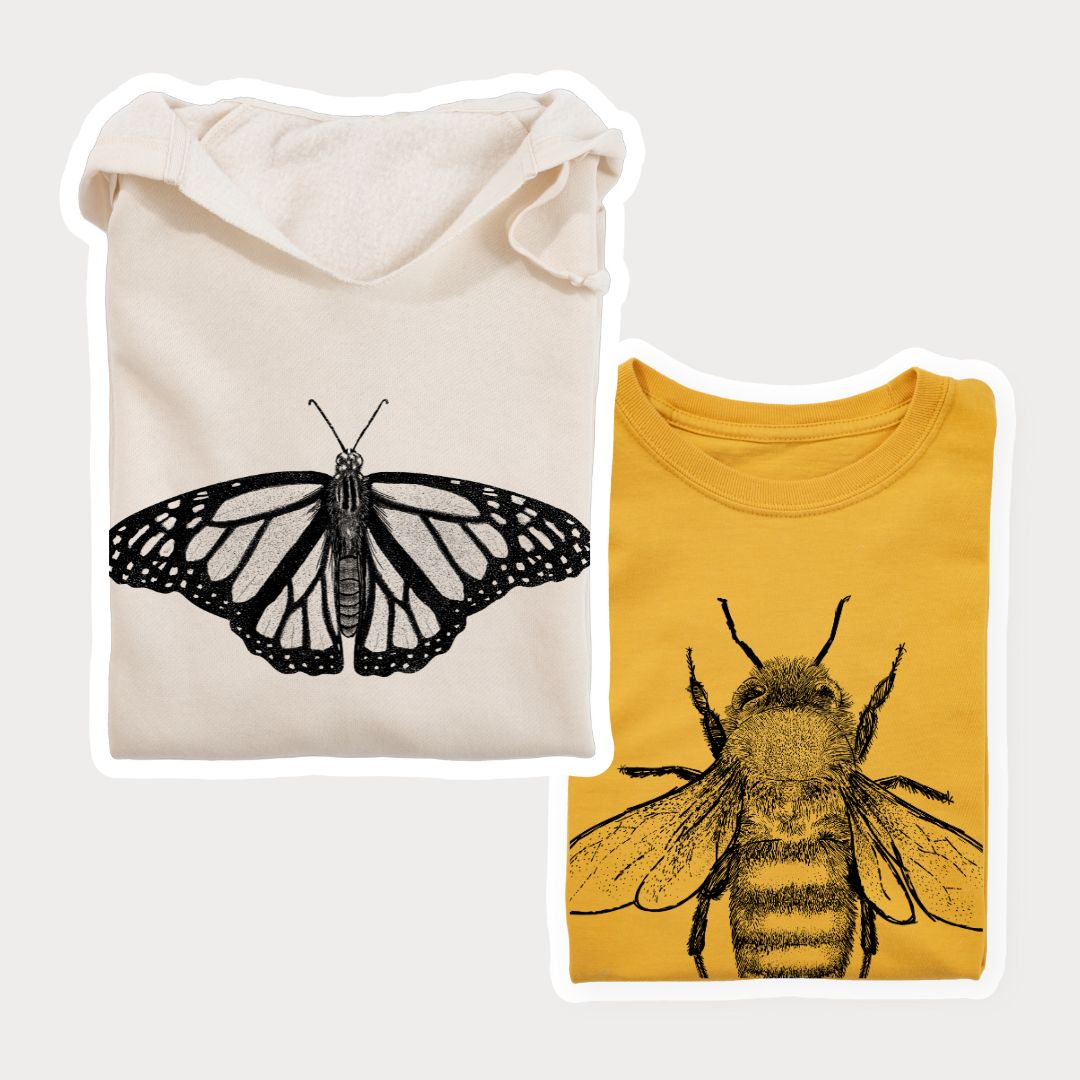


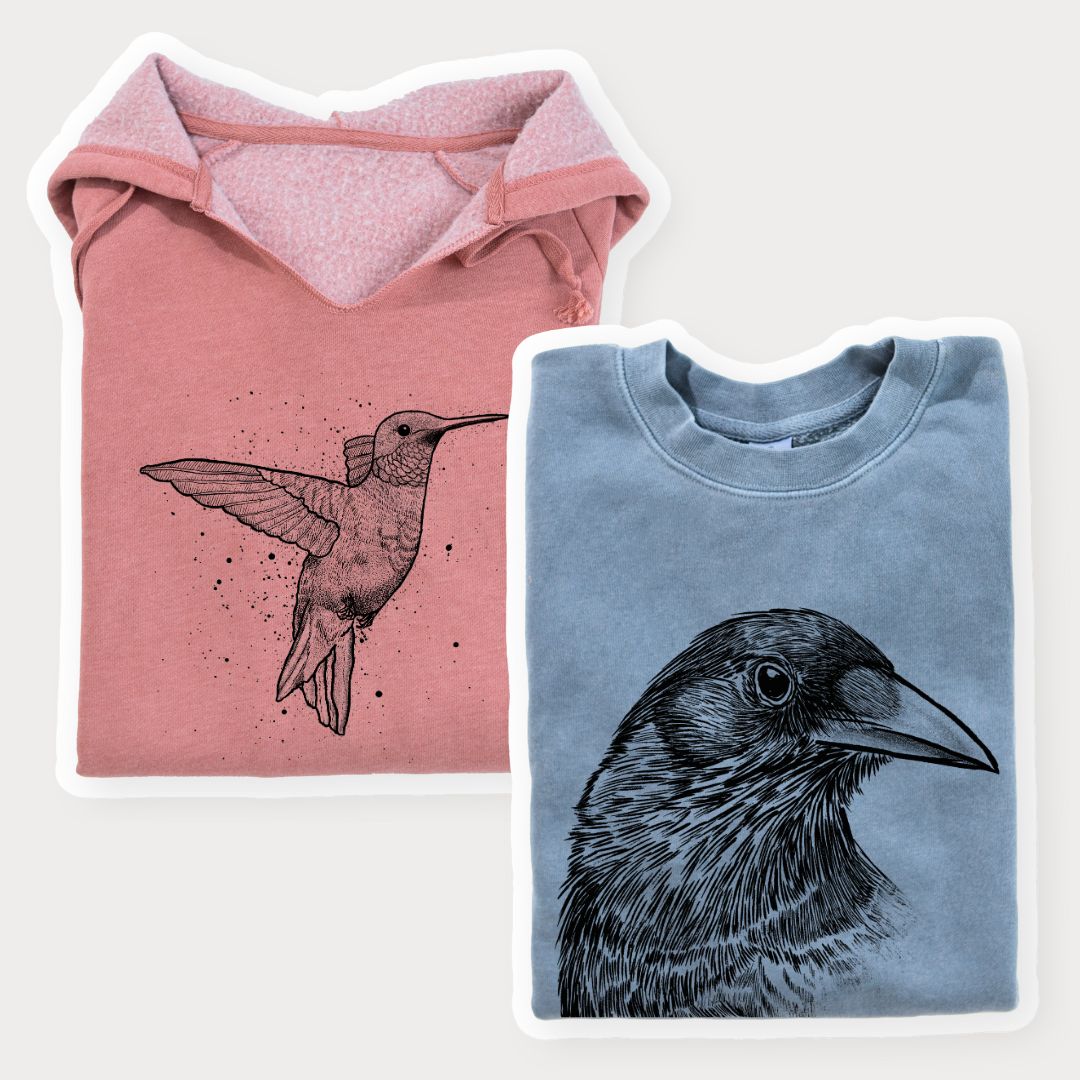
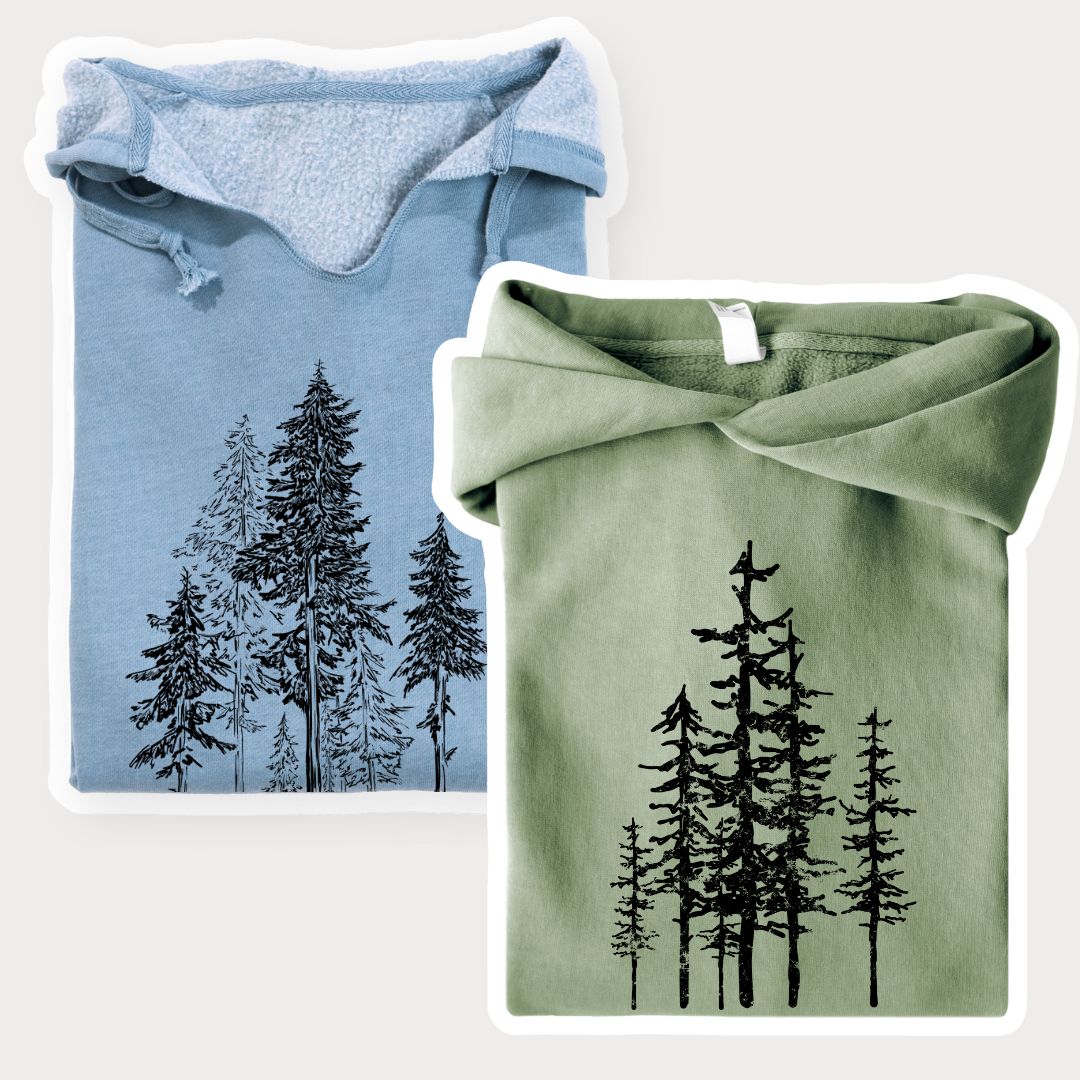
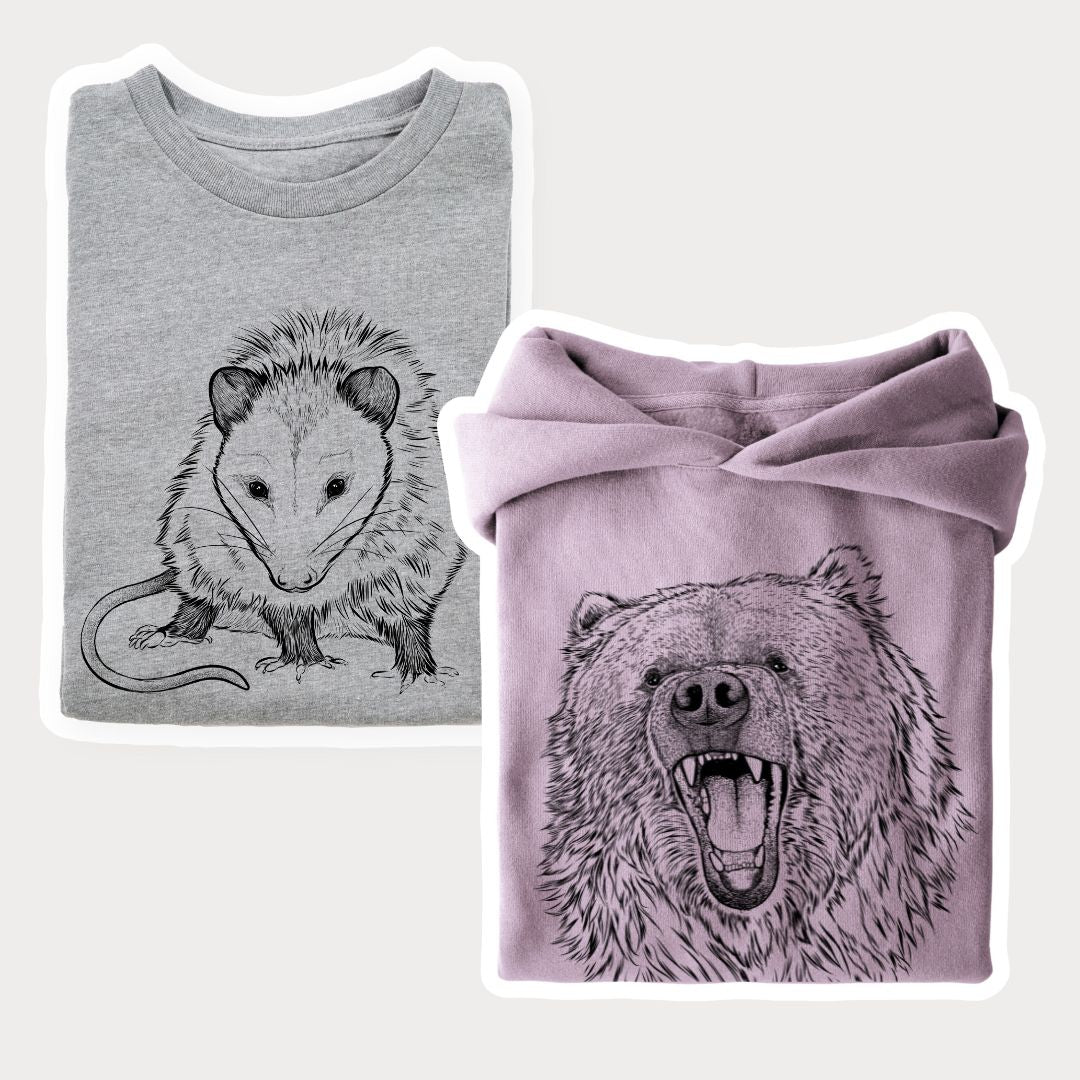


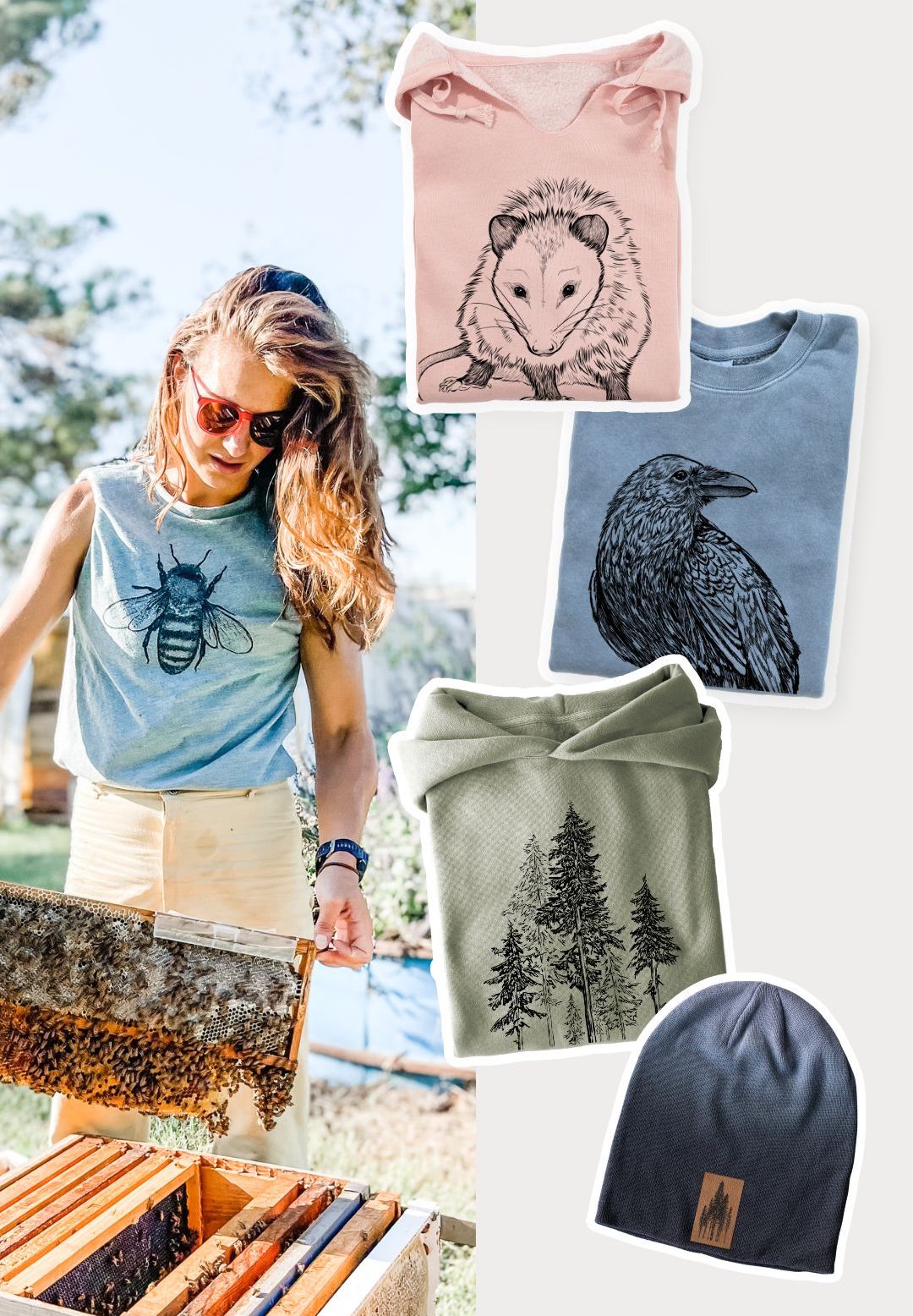

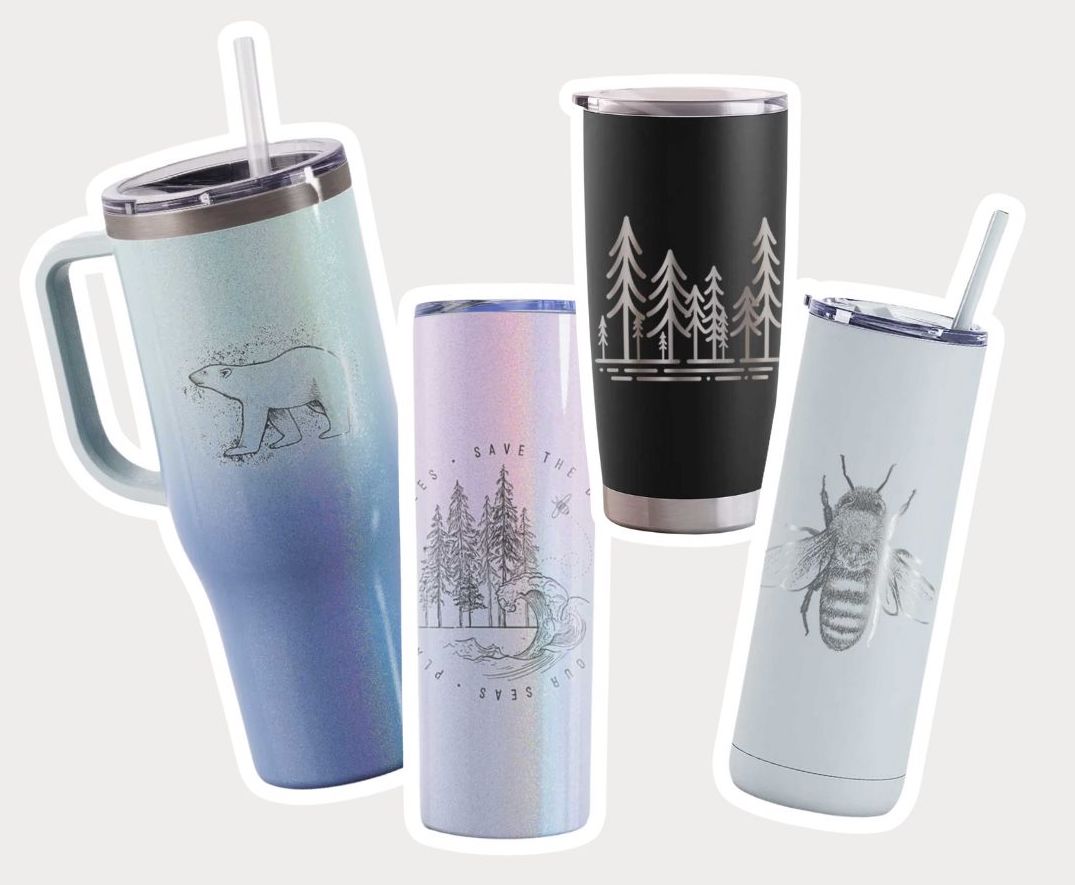



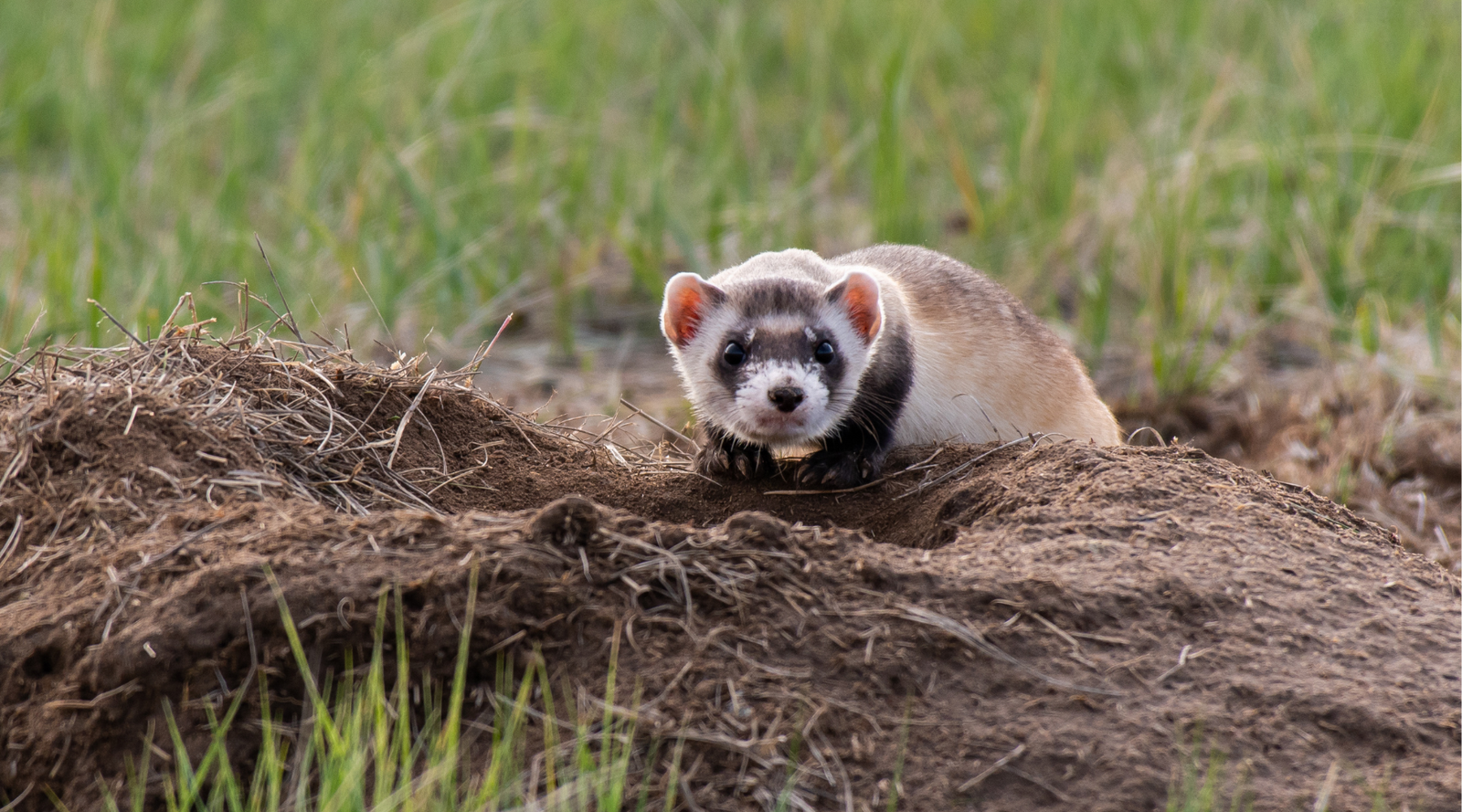


Kathryn Wooddall
January 15, 2024
My Garden Club is interested in encouraging the bees to come.